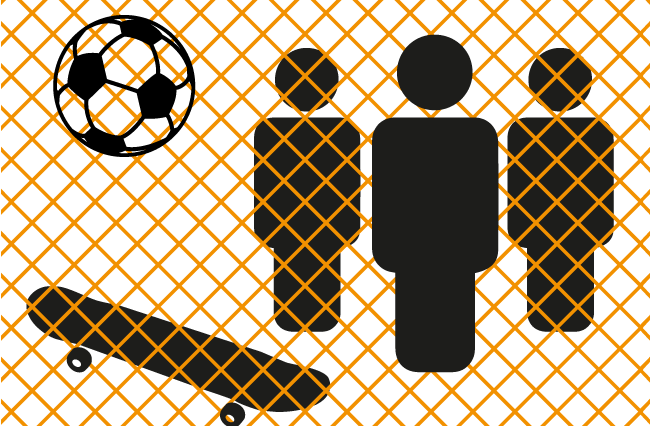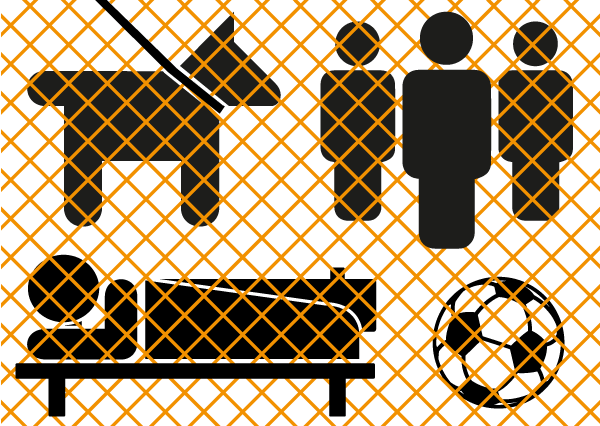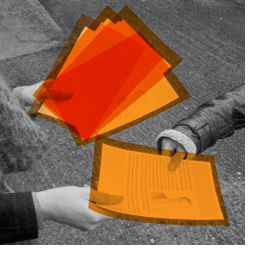The Anti-Social Behaviour, Crime and Policing Act went live on 20 October. This included ‘public spaces protection orders’, which allow councils to ban any activity which they judge to have a ‘detrimental effect’ on the ‘quality of life’ of an area. A Manifesto Club report found that powers would be used to ban rough sleeping, ball games and ‘inappropriate dress’. Here is a three-month review of how councils are using these powers… Kettering Borough Council is consulting on a public spaces protection order in the town centre, which would regulate the following activities: street drinking, skateboarding, charity collectors, anti-social driving and parking,…




